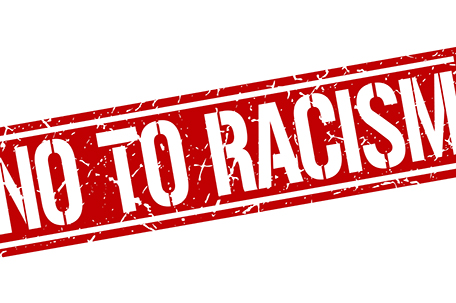

Linda Wallace
By Linda Wallace
Dear Cultural Coach:
You write often about the need for good communication skills. How do you handle a college-educated friend who has never learned how to communicate effectively? My friend is an equal-opportunity offender. He makes everyone miserable. I am tired of acting like the political correctness police. How do you deal with an educated person who thinks everyone else is the problem?
Worn down
Dear Worn Down reader:
Some people believe they have all the wisdom required for a successful life. Some of them have college degrees and others don’t. Of course, a truly educated person is one who recognizes the need for lifelong learning.
Many of the skills I rely on the most — using and fixing my laptop computer, cultural communication and citizenship support skills such as acceptance and forgiveness — are self-taught. I think that is a positive reflection on the teachers who inspired me to hold on to and develop a passion for finding truth.
It is a tall order to help a friend who believes his life would be better if only everyone else would act like him. But it is not impossible. My coaching team offers a few techniques that may help:
• When your friend makes an outrageous statement, don’t remain silent or let it go. Use an affirmative reaction policy by testing one or more of the following comments: “When you use words that hurt others, it is harder for me to listen to you.” Or, “Sometimes you use hurtful words that make it difficult for me to be around you or to understand you. I want to find the common ground so we can learn from each other, but first we need to set communication boundaries.”
• Share your communication mishaps with your friend and discuss the lessons learned. After a while, ask your friend to share his communication mishaps with you so both of you can learn and grow together.
• Provide spontaneous coaching during casual conversations with your friend. The most effective sharing occurs when stress levels and tensions are low and people feel comfortable. Yet many of us try coaching only after others’ behaviors create a backlash. This is the time we are less likely to be effective.
• Look for opportunities to point out statements by your friend that inspire respect or admiration. Your e-mail indicates that you have been trying to point out your friend’s mistakes. Seize those moments when he says things that inspire respect or offer clarity. Let him know when he is communicating effectively. Encourage his new language by saying: “Now, I get it. I understand you better now.”
• While serving as a coach, never lash out at your friend, and avoid getting personal. Focus on his behavior rather than on character defects or his personality. Instead of calling him a bigot or bully, why not say, “It is my job to help people hear your views, but I do not and will not support bigotry. I stand firm on that. If you say racist things, I must walk away. “
Shock jocks often use offensive language to boost ratings. When we support this rudeness, we invite hatred into our lives. So sometimes we have to shock others to wake them up from the fog.
In the past, when readers have written me using foul, racist language, I often have written back: “I was most distressed to receive your email and was curious what your minister/pastor/faith community would say about the language you used. If you send me their email address, I will happily share it with them so we can see if they agree with me.”
Nine times out of ten I will get back a very cordial email filled with polite words and humble explanations. Once, I actually received the email address for the writer’s pastor. I forwarded him the email, asking for his thoughts.
No response. Well, you can’t win them all.
















Leave a Comment